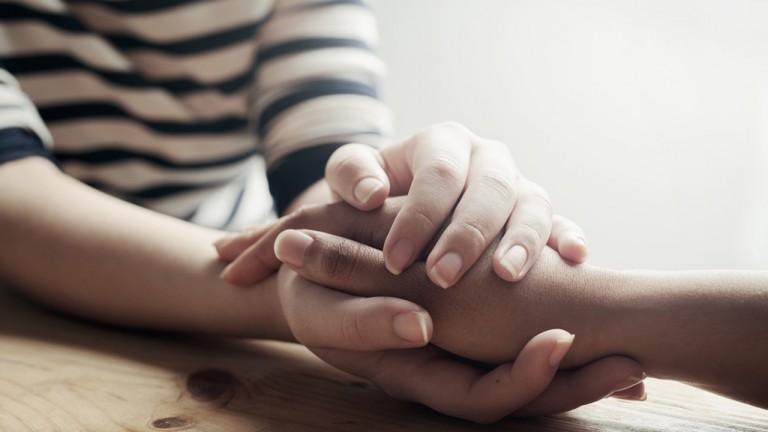Just the other day I witnessed a rather interesting but nasty ordeal. There was this couple, probably in their mid-twenties throwing tantrum left, right and center. After a few inquiries, I established that the beautiful lady was a new mom who was nauseated by the mere sight of her husband. I assumed the obvious. The couple must have had the normal disagreements in a relationship. Boy was I wrong.
The husband, according to the shenanigan masters, was every ladie’s dream. The problem was that since his wife gave birth everything changed abruptly. Peace in their household took a nosedive. She simply did not want to see her husband. At times her bundle of joy was also an unappealing sight to her. Look at you. You’re judging her already. She was not bewitched. I later learnt that she was suffering from depression. A different kind of depression; postpartum depression.
Postpartum depression is a new term to many but a common occurrence in today’s world. Mothers, especially the new ones, are struggling a lot mentally especially immediately after birth. Take a seat and let me take you slowly.
Postpartum is the period just after delivery. Depression on the other hand is simply a mental health disorder characterized by persistently depressed mood or loss of interest in activities. Therefore; it is safe to say that postpartum depression is depression that occurs after childbirth.
This period is an intense time that requires all sorts of care for you and your baby. Some researchers believe that this lasts upto six months. The body experiences a number of changes from healing after childbirth to hormonal mood swings.
There are several triggers of postpartum depression. The common ones are;
- psychiatric history of the mother
Some families have a history of mental illnesses. Some of this illness can be inherited or passed down the family line. Past cases of mental unstableness can trigger postpartum depression.
2.socioeconomic status.
Low socio-economic status poses a great risk to post part depression. This is arguably the number one risk in third world countries.
3.Maternal age, existing depression, stress and environment are also triggers of postpartum depression.
Those who develop postpartum depression are at a greater risk of developing major depression later on in life. The good news is that this condition is treatable once it is diagnosed by a medical professional. If it is diagnosed as medium-term condition, it can be resolved within months.

Some of the general ways to avoid postpartum depression include;
- Read a lot on mental health.
- Observing the right diet and sleeping well.
- Do light body exercises to help your body and mind relax.
- Avoid making major life changes during or right after childbirth. …
- Let your feelings be known in the delivery room.
- Enlist good support during and after childbirth.
- Prepare yourself well for childbirth. That includes financially and psychologically
- Enlist household help during the postpartum period.
A commonly asked question is whether breastfeeding does prevent postpartum depression.
Generally, women who breastfeed their infants reduced their risk of developing PPD, with effects being maintained over the first 4 months postpartum. PPD may also decrease the rate of breastfeeding, suggesting a reciprocal relationship between these variables.
By Kingsley Mutethia

















